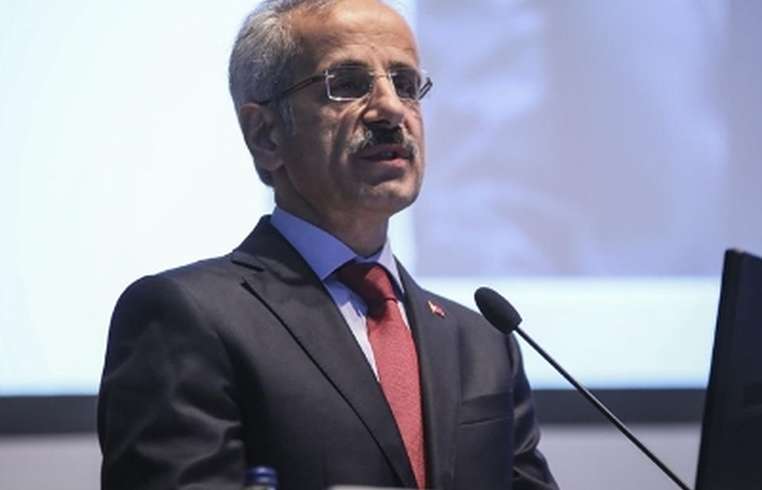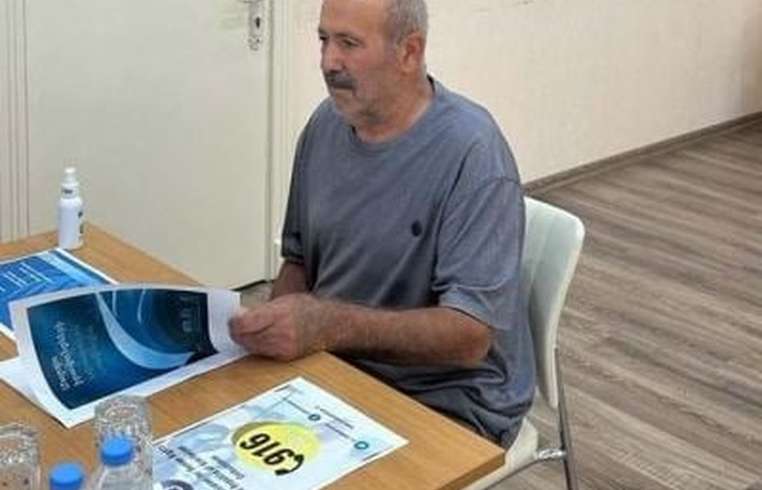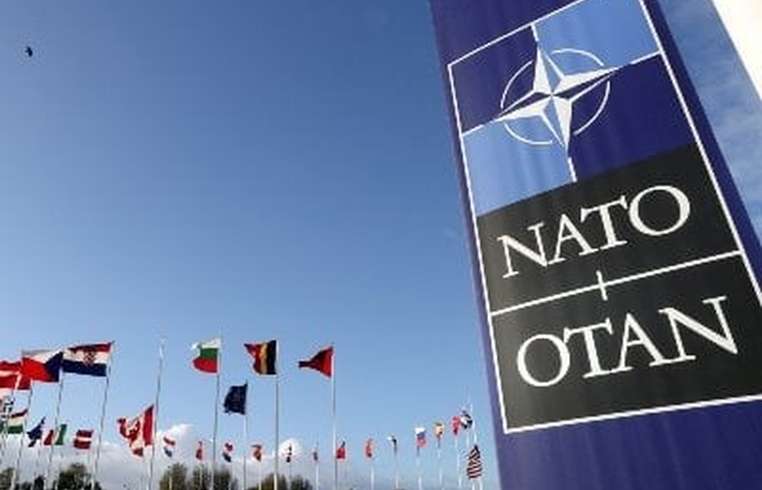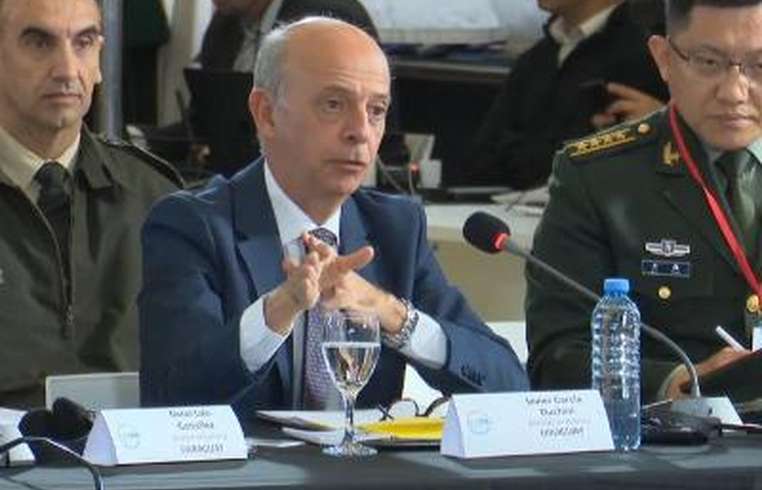
News - Papua New Guinea’s workers abroad are an untapped resource - Lowy Institute
Business Strategy
Papua New Guinea’s workers abroad are an untapped resource - Lowy Institute

For generations, Papua New Guinea’s economic story has been told through the lens of what lies beneath its soil. The promise of the “gold in the hills” has shaped investment, policy decisions and the national imagination. But one of PNG’s most valuable economic resources no longer sits within its borders. It sits overseas. A growing PNG diaspora in Australia is becoming more skilled, more diverse and more economically secure. These workers already support families back home through remittances, but their potential extends far beyond informal financial support. They represent an underutilised source of capital, capability and commercial insight that could help fuel the part of PNG’s economy that has struggled most: its small and medium enterprises. This matters because PNG enjoys significant financial inflows from resource projects, development partners and commercial lenders, yet very little of this capital reaches the country’s small to medium-sized enterprises. These firms form the backbone of any diversified economy. Yet they remain constrained by high borrowing costs, informality and limited investor appetite. Without private capital flowing into the non-resource economy, PNG will continue to rely on a narrow base of growth. Diaspora pooling mechanisms have helped fund small enterprises, expand financial inclusion and diversify local economies. Foreign investors are cautious because the market is thin and political risk is difficult to price. Domestic capital formation is low. State-led investment faces governance constraints. The result is a persistent financing gap for the businesses that generate jobs, expand supply chains and stimulate domestic demand. A diaspora syndicate fund offers one practical way to close this gap. For those unfamiliar with the concept, a syndicate fund is a pooled investment group. Instead of one investor supplying large amounts of money, many individuals contribute small sums. Those contributions are combined to make investments in selected businesses. It is a simple, transparent model that allows people to participate in early-stage investment without requiring large capital commitments. Applied to PNG, such a fund could channel modest contributions into SMEs that have proven demand but lack access to finance. Even small pools of Australian dollars can finance equipment purchases, working capital or expansion for businesses that are commercially sound yet overlooked by banks and foreign investors. Diaspora investors also have information advantages. Through family, provincial and community networks, they understand local markets in a way external investors do not. This reduces the information asymmetry that often deters investment in PNG’s private sector. International precedent supports the idea. In parts of Africa and the Caribbean, diaspora pooling mechanisms have helped fund small enterprises, expand financial inclusion and diversify local economies. Their strength lies not in scale but in alignment. They match capital with local knowledge and long-term commitment. Syndicate funds also face governance issues and must operate with clear rules, independent oversight and transparent reporting to avoid the pitfalls of informal lending or social pressure. But these requirements are manageable and well established in similar models overseas. This is also where the Australia-Papua New Guinea Network’s Emerging Leaders Dialogue becomes relevant, as it serves as a practical demonstration of the model’s potential. The ELD cohort brings together young professionals from PNG and Australia, including diaspora Papua New Guineans and Australians with financial, legal and policy expertise. The cross-border relationships formed in that room reflect the kind of talent, trust and technical capability that could support the governance and management of a diaspora fund. PNG’s economic future will depend on more than large projects and donor programs. It requires investment that flows into the businesses capable of creating employment, raising incomes and driving domestic demand. Mobilising diaspora capital is not a complete solution, but it is a credible, practical and underutilised pathway to strengthening the country’s private sector. The ELD showed how much can be achieved when the Australia-PNG community works together. Harnessing that same energy through a structured investment mechanism would allow PNG’s diaspora to translate long standing commitment into broader economic impact. In a constrained investment landscape, it is a grassroots lever worth activating.






